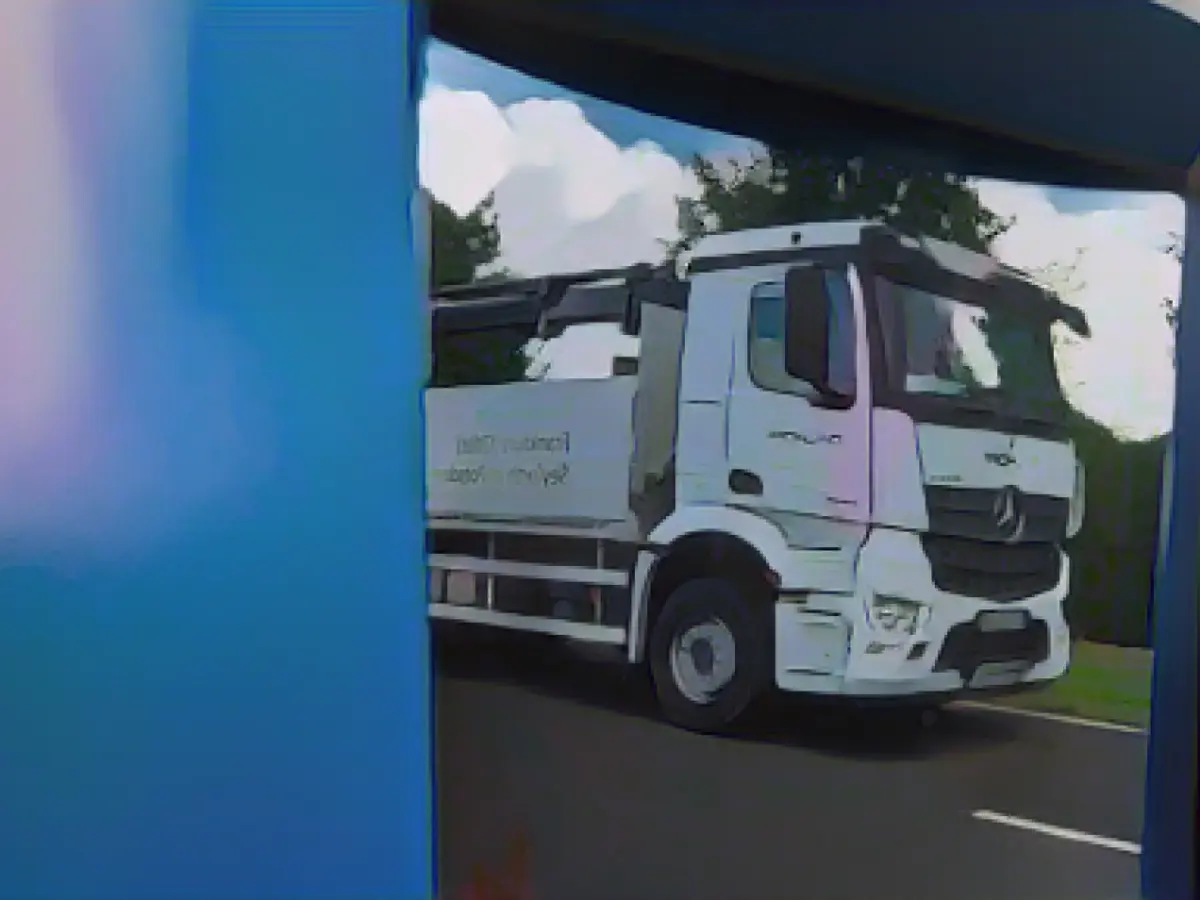That's some hefty changes coming up for the transportation industry in Germany! Starting today, a higher toll will be imposed on heavy goods vehicles traveling on German highways and federal roads, including a surcharge for CO2 emissions. This charge is based on the distance driven and a toll rate in cents per kilometer, with trucks being assigned to emission classes due to an EU directive.
Emission-free trucks, on the other hand, will continue to enjoy exemption from the toll until the end of 2025. However, the transportation industry points out that there's a scarcity of electric trucks and charging points, which is a challenge they'd love some government attention on.
From July 1, 2024, a new law passed by the traffic light coalition will extend the toll to smaller vans over 3.5 tons instead of 7.5 tons as before. Approximately 300,000 new vehicles are expected to be affected by this change.
The expected revenue from these changes is substantial, jumping from around 8 billion euros this year to over 15 billion euros in 2023. From 2024 to 2027, additional revenue of 30.5 billion euros is anticipated. Half of this toll revenue will continue to be earmarked for improvements to federal trunk roads, with the rest primarily for "measures from the federal railroads sector."
Freight forwarders and the haulage industry have voiced concerns about the impact of the increased toll on their costs, which might need to be passed on to customers. However, the effects on consumer prices are expected to be 'marginal,' according to the draft bill.
In light of this, the EU directive seems to be aiming for a greener future by incentivizing cleaner trucks on the road. This shift in direction could indirectly support the development of railways and other low-carbon modes of transport. The European Investment Bank (EIB) has been investing heavily in sustainable transport in Germany, having provided €1 billion for new trains for the S-Bahn in Cologne.
The increased revenue from tolls can also support broader infrastructure projects, helping to modernize and expand transportation networks, ultimately improving efficiency and reducing environmental impact.








